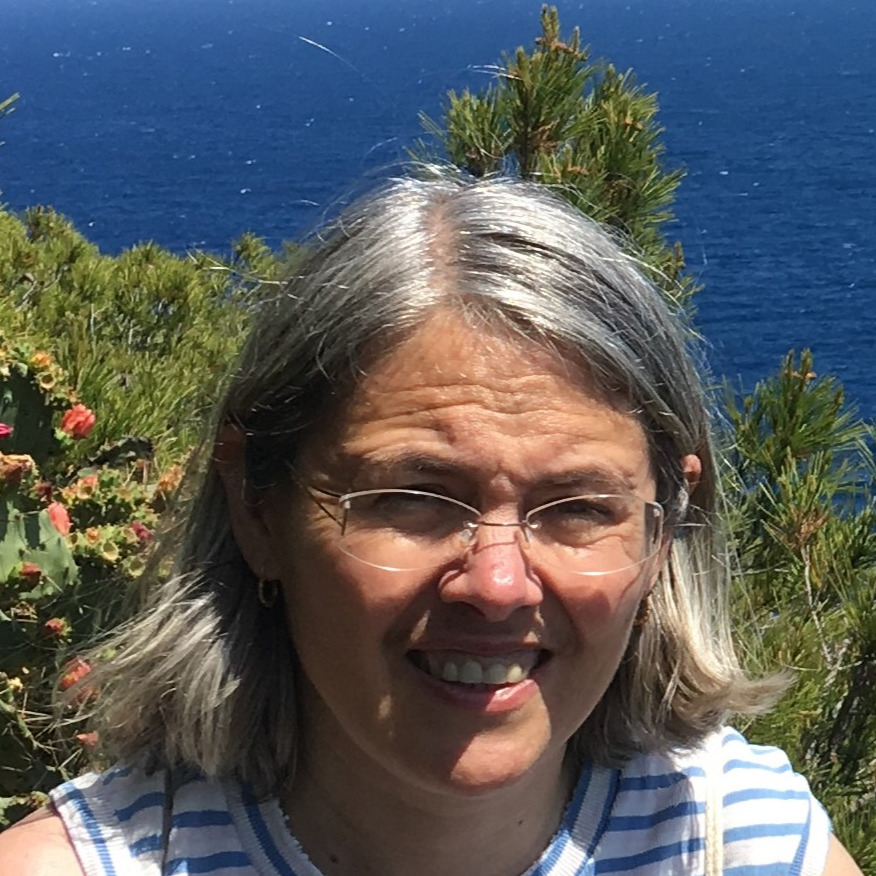Unlock your academic potential and expand your network by joining us!

Thérèse LEBLOIS received her PhD in engineering sciences in 1989 and her habilitation to supervise research in 1999 from the University Franche-Comté, Besançon, France. In 2007, she joined the FEMTO-ST Institute. Currently, she is a full professor at the University of Franche-Comté and teaches in the field of electronic devices, microsystems and clean room processes of microfabrication. Her current research projects focus on highly sensitive sensor design, fabrication and tests including the development of micro-bio-sensors using clean room processes of microfabrication and acoustic transducing. The activities also address the integration of advanced materials, specific biointerfaces and microfluidics for innovative MEMS. At present, she heads a group called Bio Micro Devices (https://teams.femto-st.fr/BioMicroDevices/en) engaged in the detection, characterization and quantification of biomolecules, cells and bacteria in fluids for a better knowledge of biological, agrifood and environmental mechanisms. Since 2017 she has headed the doctoral school “Sciences Physiques pour l’Ingénieur et Microtechniques” that includes 450 PhD students at the universities of Bourgogne and Franche-Comté.
Thérèse LEBLOIS received her PhD in engineering sciences in 1989 and her habilitation to supervise research in 1999 from the University Franche-Comté, Besançon, France. In 2007, she joined the FEMTO-ST Institute. Currently, she is a full professor at the University of Franche-Comté and teaches in the field of electronic devices, microsystems and clean room processes of microfabrication. Her current research projects focus on highly sensitive sensor design, fabrication and tests including the development of micro-bio-sensors using clean room processes of microfabrication and acoustic transducing. The activities also address the integration of advanced materials, specific biointerfaces and microfluidics for innovative MEMS. At present, she heads a group called Bio Micro Devices (https://teams.femto-st.fr/BioMicroDevices/en) engaged in the detection, characterization and quantification of biomolecules, cells and bacteria in fluids for a better knowledge of biological, agrifood and environmental mechanisms. Since 2017 she has headed the doctoral school “Sciences Physiques pour l’Ingénieur et Microtechniques” that includes 450 PhD students at the universities of Bourgogne and Franche-Comté.
You can be the first follower.



